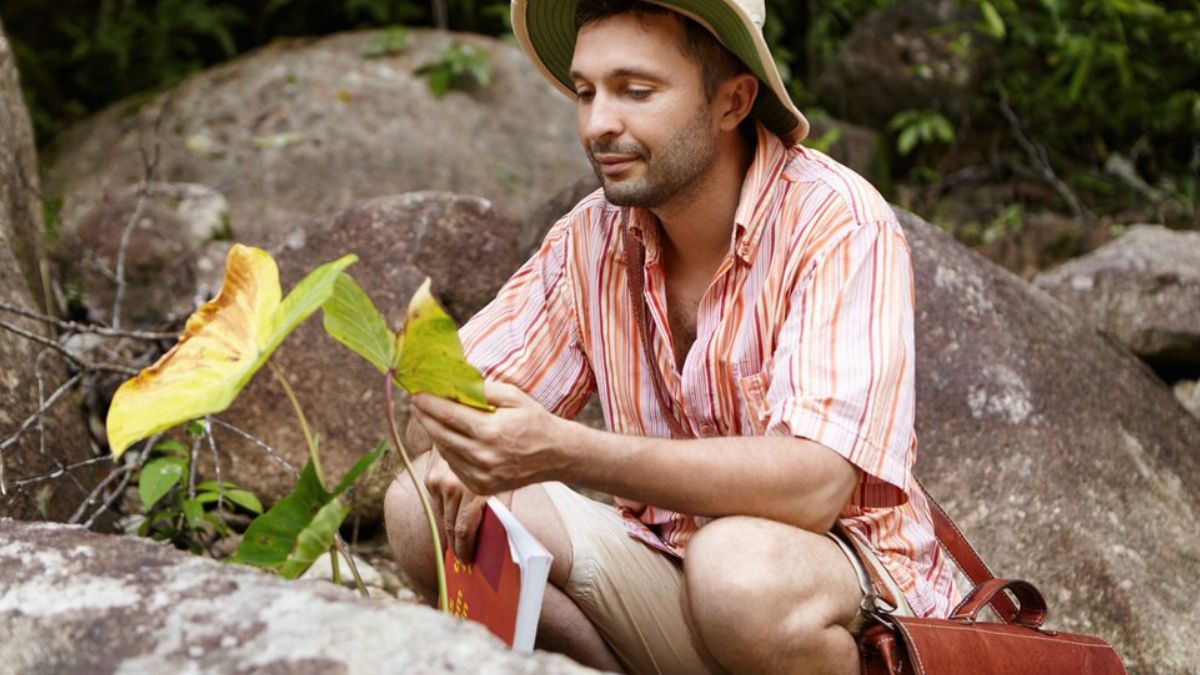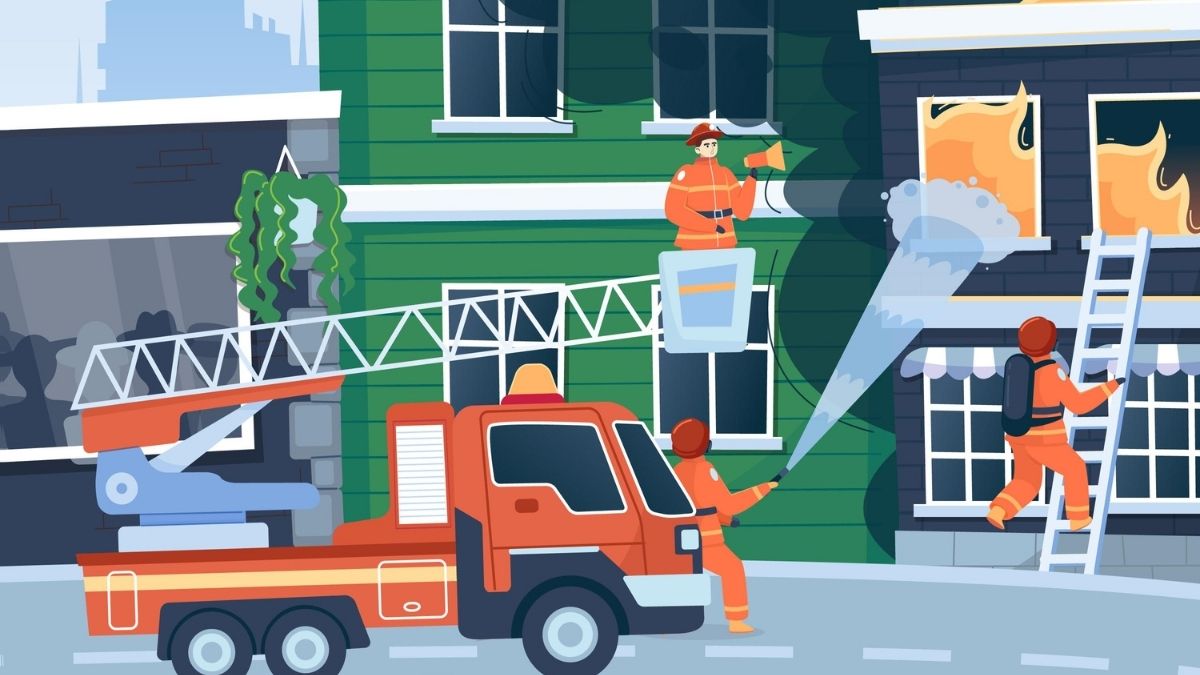Brandi Loge, In today’s world, where environmental challenges are mounting by the day, there are individuals whose contributions—though not always recognized in the mainstream—quietly shape the way we think about and interact with nature. Brandi Loge is one such individual, whose work in the field of ecological conservation has not only helped restore ecosystems but also inspired others to take action toward a more sustainable future.
The Beginning Brandi Loge: A Passion for Nature
From an early age, Brandi Loge was captivated by the natural world. Growing up in a region surrounded by forests and wetlands, she spent her childhood exploring the outdoors, observing the intricate relationships between flora and fauna, and becoming acutely aware of the delicate balance that sustains ecosystems. Her deep connection with nature led her to pursue a degree in environmental science, where she quickly discovered her passion for hands-on conservation work.
The Rise of Brandi Loge: A Voice for the Earth
Brandi’s career began with field research, where she worked on several biodiversity restoration projects across the country. Her work primarily focused on identifying endangered species, studying their habitats, and implementing strategies for their protection. Over time, however, she realized that successful conservation efforts require more than just biological restoration; they demand community engagement, policy change, and long-term sustainability.
Brandi Loge’s approach to conservation is unique in its holistic nature. Rather than focusing solely on the protection of individual species, she champions the importance of ecosystem restoration—the idea that healthy ecosystems, functioning as interconnected systems, are the key to long-term biodiversity and resilience against climate change.
A Holistic Approach: Restoring Balance
One of Brandi’s signature projects involved the restoration of a large wetland area that had been heavily impacted by industrial development and urban sprawl. She worked closely with local communities, government agencies, and environmental organizations to revitalize the ecosystem. By reintroducing native plant species, improving water quality, and protecting wildlife corridors, Brandi and her team were able to restore balance to the wetland, creating a thriving habitat for a wide array of species, including those that had previously been on the brink of extinction.
Through this work, Brandi made it clear that ecological restoration goes beyond planting trees or protecting endangered species—it’s about restoring the interconnectedness of ecosystems and fostering an environment where nature can thrive on its own terms. She often emphasizes that effective conservation requires an understanding of how different elements of an ecosystem work together to support life, from soil health to water quality to the movement of wildlife.
The Power of Community Engagement
Brandi’s work also highlights the critical role of local communities in conservation efforts. Her philosophy is that ecological work should not be something that happens “to” people, but “with” them. By empowering communities to take ownership of their local environments, she has successfully led initiatives that encourage sustainable farming practices, reduce pollution, and engage the public in eco-friendly initiatives.
Her focus on environmental education has had a transformative impact on local populations, fostering a deep sense of responsibility for the land, water, and air. Brandi believes that conservation cannot be successful unless it’s tied to the values and goals of the people who live closest to the ecosystems they are trying to protect. Whether it’s through school programs, community workshops, or volunteer restoration events, Brandi has worked tirelessly to bridge the gap between science and everyday life.
Fighting Climate Change: A Call for Action
As climate change accelerates, Brandi Loge has been at the forefront of advocating for climate action that includes both environmental and social sustainability. She often speaks about the urgency of creating resilient communities that are equipped to handle the effects of a changing climate, from rising sea levels to more frequent wildfires.
Her efforts have involved working with governmental organizations to push for policies that address climate change while promoting biodiversity protection. Whether through carbon sequestration projects, wetland restoration to mitigate flood risks, or promoting green energy policies, Brandi consistently calls for more integrated solutions that tackle both the environment and the communities affected by environmental degradation.
Legacy and Impact of Brandi Loge: A Voice for Future Generations
While Brandi Loge may not be a household name just yet, her work is beginning to leave a lasting legacy. From her involvement in local conservation projects to her advocacy for policy change, Brandi’s contributions continue to shape how we approach environmental conservation in an era of climate change.
Her most significant impact, perhaps, is her ability to inspire others to take action. Through her public talks, workshops, and social media presence, she has become a beacon of hope for those who want to make a difference. Brandi’s work serves as a reminder that environmental conservation is not just a job—it’s a calling, one that requires passion, commitment, and a deep respect for the planet.
Conclusion: The Ripple Effect of One Person’s Work
Brandi Loge’s journey in the field of ecological conservation is a testament to the power of individual action. While she may be just one voice in a world filled with environmental challenges, her work has created a ripple effect that extends far beyond her immediate community. By restoring ecosystems, engaging with local communities, and advocating for systemic change, Brandi has proven that each of us can make a meaningful impact on the planet.
Her story encourages us all to reflect on our own relationship with nature and to consider how we can contribute to creating a more sustainable, biodiverse world for future generations.






